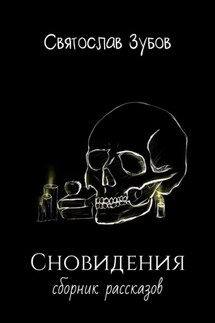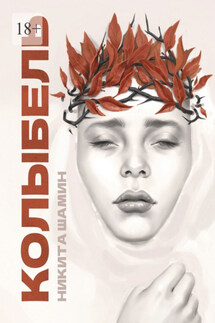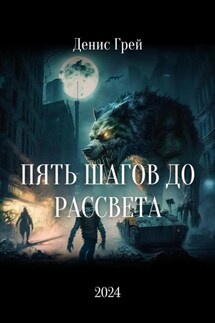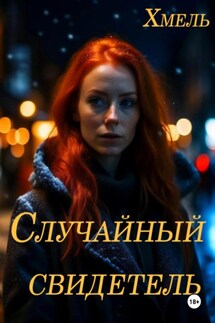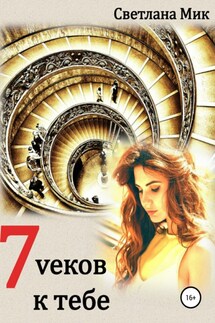The Whisper of Submerged Sanctuaries - страница 22
"Exactly," Rustam confirmed. "The silver began to emit a bluish glow when Igor took it in his hands. The expedition leader, Voronov, attributed it to some optical effect, a reflection of light from minerals in the cave. But Igor and I knew it was something more."
The old man sipped his tea and continued:
"After that, your grandfather began asking me questions about local legends, about the Nestorians, about sunken treasures. I told him what I knew from the stories of my father and grandfather. And then Igor decided to conceal the find from the expedition leadership."
"Why?" asked Dinara. "Usually archaeologists strive to register every find."
"Because Igor understood that the medallion was not just an ancient artifact," Rustam answered. "It's a key to something much more important. To a secret that had been kept for centuries. And this secret should not have fallen into the hands of the Soviet authorities, especially at that time—the height of the Cold War, spy mania, KGB everywhere…"
Rustam rose and went to a shelf where books and old photographs were kept. He retrieved a worn leather book tied with a cord.
"This is a family heirloom," he said, returning to the table. "The diary of my distant ancestor, Murat Kambarov. He was a shaman and healer. People from all over the valley came to him for advice and help. He began helping people after a man once came to him who changed our family's history."
Rustam untied the cord and carefully opened the book. The pages were yellowed, with handwritten text in old Kyrgyz, faded in places.
"It says here," Rustam began, slowly translating, "that in 1273, an old man named David came to my ancestor. He was very old, with a beard as white as snow, but his eyes were clear and lively. He spoke in a strange mixture of languages and wore a silver cross on his chest. The old man said he had come from afar to pass on important knowledge to one worthy of keeping it."
Rustam turned the page.
"David said he was the last keeper of an ancient secret. His teacher, a European monk named Thomas, had entrusted him with preserving knowledge about a Nestorian treasure hidden during the Mongol invasion. Among the treasures was a special item that David called the 'Key of Solomon'—a crystal with extraordinary properties."
"A crystal?" Alexei asked. "Not the medallion?"
"The medallion is a pointer, a guide to the crystal," Rustam explained. "The real 'Key of Solomon' is a crystal hidden in a cache." He continued translating: "David was too old to keep the secret himself. He gave my ancestor a map indicating the place where the treasures were hidden and said that someday a person would come who could find and use the 'Key of Solomon' for good. Until then, the secret must remain hidden."
"And where is this map now?" asked Alexei.
"Lost," Rustam replied regretfully. "During the civil war, our house was burned down, and many family heirlooms disappeared. Only this diary remained, which my grandfather managed to hide." He closed the book. "But even without the map, I know where to look. Our ancestor passed this knowledge to his son, who passed it to his son, and so on from generation to generation. Thus the secret came down to my father, and my father passed it to me."
"And you never tried to find the treasures yourself?" asked Dinara.
"I tried, when I was young and hot-headed," Rustam smiled. "But my ancestor left a warning: without the medallion, finding the cache is impossible. And the medallion was lost in David's time." The old man looked at Alexei. "At least, that's what we thought until your grandfather found it in 1954."




